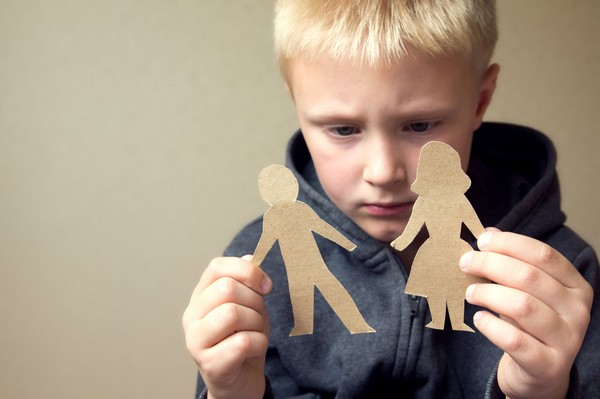Shared Parenting After Divorce Gains New Attention
 LifeZette.com 23 February 2017
LifeZette.com 23 February 2017
Family First Comment: “In 2014, a team led by psychologist Richard Warshak of 110 world experts endorsed a paper, which said, “A meta-analysis of 33 studies reported better emotional, behavioral, and academic functioning for children in joint physical custody compared with children in sole custody, regardless of the level of conflict between parents…. Six states have introduced equal-shared parenting legislation in 2017. More are expected to follow suit.”
Time that NZ followed suit.
Study emphasizes quality relationships from the get-go with both parents, even for very young kids
Should parents have shared, 50-50 custody (or close to it) after a divorce? A new study says yes.
The status quo relative to child custody proceedings now in the United States is that children — especially young children — should have a “primary parent” (usually the mother) after a divorce, visiting with the “noncustodial parent” (usually the father) typically every other weekend. However, recent studies suggest that children, even infants and toddlers, benefit from as close to equal time as possible with each parent after a divorce.
“Good quality relationships with parents in young adulthood predict better stress-related physical and mental health for the children later in life,” said William Fabricius, lead author of the new study and an associate professor of psychology at Arizona State University. “So in a real sense, this [parenting time for young children after a divorce] becomes a public health issue.”
Fabricius’ study, published in the journal Psychology, Public Policy and Law, found what some might consider an unusual way for divorced mothers to improve the quality of their relationships with their children. What was his conclusion?
“Children who had overnights with their fathers when they were infants or toddlers had higher quality relationships with their fathers as well as with their mothers when they were 18 to 20 years old than children who had no overnights,” said Fabricius.
For fathers, Fabricius found that for every increase in the number of overnights per week during infancy and toddlerhood, the same was matched by an increase in the strength and closeness of the fathers’ relationships with their grown children.
Moreover, the study found that equal-shared parenting schedules benefited mothers more than the standard model, in which the kids visit with dad every other weekend.
“Not only did overnight parenting time with fathers during infancy and toddlerhood cause no harm to the mother-child relationship, it actually appeared to benefit children’s relationships with both their mothers and their fathers,” Fabricius said.
The grown children who had the best relationships with both parents were those who had equal numbers of overnights at each parent’s home during infancy and toddlerhood.
Shared Parenting Must Be Top Priority
LifeZette spoke with Terry Brennan, co-founder of Leading Women for Shared Parenting, an international organization dedicated to the implementation of shared parenting as the cornerstone of family law.
Said Brennan, “While many recognize fatherlessness as a top social issue in America, legislators are just learning the degree to which family courts contribute to this problem. Using the low estimate, family courts create a fatherless child every 60 seconds, and fatherlessness is linked to every major social pathology in children including: violent crime, drug and alcohol abuse, truancy, unwed pregnancies, psychological disorders and even suicide.”
Asked how we should improve laws governing our family courts, Brennan said: “We’ll improve the outcomes for children when we treat family separation in the same manner we do other social pathologies: by listening to the experts. We now have a very strong body of research showing shared parenting is best for children and the backing of a significant number of psychologists, psychiatrists, social workers, child development experts and domestic violence practitioners. Yet because these issues play out in a court of law, rather than listening to these experts, the issue becomes political, and lobbyists hired by state bar associations advocate to grow family law as a business, rather than do what’s best for kids. It’s time expert voices take precedence over the legal establishment.”
Consistent with the recent outpouring of social science research, and thanks to those like Brennan and organizations such as Leading Women for Shared Parenting, six states have introduced equal-shared parenting legislation in 2017 that creates a presumption of equal parenting. An additional 17 states have introduced “shared parenting friendly” legislation in 2017.
READ MORE: http://www.lifezette.com/momzette/shared-parenting-after-divorce-gains-new-attention/






